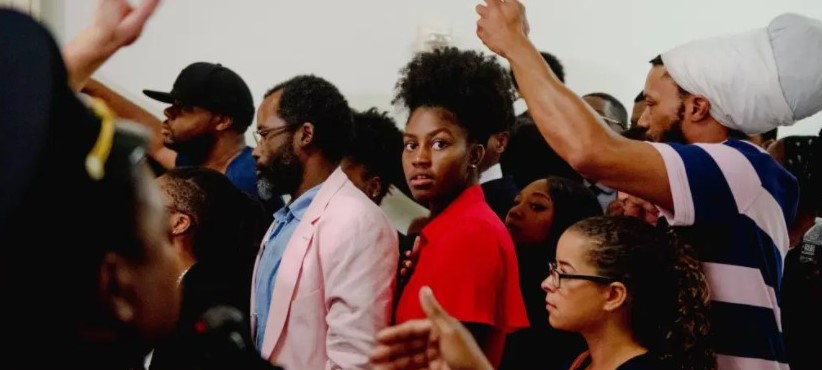
By Rashawn Ray
Tuesday, April 7, 2020
On March 10, 2020, Rashawn Ray, a David M. Rubenstein Fellow at The Brookings Institution, testified before the Maryland General Assembly’s Health and Government Operations Committee on House Bill 1201 to establish a Maryland Reparations Commission for the establishment of the Harriet Tubman Community Investment Act. Ray used his testimony to inform lawmakers about the legacy of slavery in Maryland and the United States, and ways that reparations for descendants of enslaved Black Americans in the state of Maryland would help atone for slavery and reduce the racial wealth gap.
Using historical data on slavery and more recent research on the racial wealth gap, Ray highlighted the following observations:
In 1860, the value assigned to enslaved Black Americans totaled over $3 billion. In 1861, the value placed on cotton produced by enslaved Black people was $250 million. The United States has yet to compensate descendants of enslaved Black Americans.
The current racial gap has a long and torrid legacy linked to slavery in the United States. The average white family has roughly 10 times the amount of wealth as the average Black family. In fact, white high school dropouts have more wealth than Black college graduates. Neighborhoods that are at least 50% Black have half the home values, on average, to neighborhoods with no Black residents.
Given the lingering legacy of slavery on the racial wealth gap, the monetary value we know that was placed on enslaved Black people, the fact that other groups have received reparations, and the fact that Black populations were originally awarded reparations only to have them rescinded provide overwhelming evidence that reparations for the descendants of enslaved Black people are in order.
Ray concluded his testimony by encouraging state lawmakers to consider the Harriet Tubman Community Investment Act as a way to compensate descendants of enslaved Black Americans in Maryland. In particular, Ray asserted that the following measures are appropriate: tuition remission and student loan forgiveness; housing down payments and housing revitalization grants; and business ownership grants. For the descendants of the 12.5 million Black people who were shipped in chains from Western Africa and all Americans, “America has a genetic birth defect when it comes to the question of race,” as stated by Rep. Hakeem Jeffries. If America is to atone for this defect, reparations for Black Americans is part of the healing and reconciliation process.
Leave A Comment